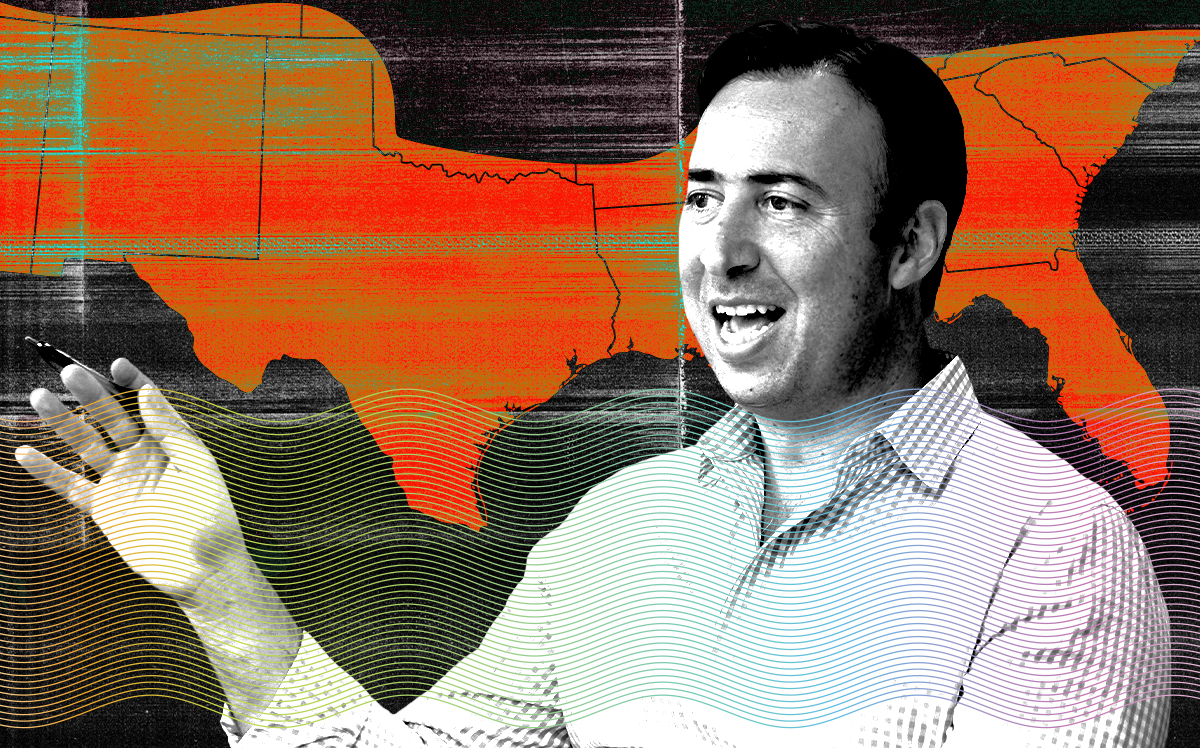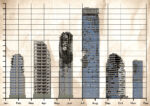Commercial landlords are grappling with plummeting values and growing distress. Wall Street is circling high above them, ready to swoop in at a moment’s notice.
Top firms are raising funds to acquire struggling commercial properties on a discount, the Wall Street Journal reported. Among those raising funds for this purpose are Goldman Sachs, Cohen & Steers, EQT Exeter and BGO (formerly BentallGreenOak).
Rising interest rates have spiked borrowing costs while sinking values across the sector. The office market has understandably drawn much of the attention of distress watchers in recent years, but there are issues in the retail and multifamily sectors.
Commercial owners were previously unwilling to unload their properties on the cheap. As default worries have risen and refinancing options have dried up, however, some are beginning to acknowledge that selling is the only move, even if it doesn’t mean recouping an investment.
Commercial property values are on the way down. Since peaking a year ago, they’ve fallen somewhere between 10 to 15 percentage points; some experts peg those drops to double before it’s all said and done. The volume of distressed real estate surged by $8 billion in the second quarter, according to MSCI Real Assets.
“The last few weeks, I’ve been saying, ‘holy mackerel, they’re coming out of the woodwork,’” Robert A. Stranger & Co. CEO Kevin Gannon told the outlet.
Cohen & Steers is looking to raise $2.5 billion for a nontraded real estate investment trust. Executive Rich Hill pointed to “selective opportunities beginning to arise for investors that are in a position to take advantage of weakness.”
Read more



Invesco Real Estate is targeting a fund specifically for distressed real estate. Barry Sternlicht’s Starwood Capital Group is also looking at a distress fund.
Many of these firms may have trouble getting sellers to budge until desperation hits. Their biggest obstacle, however, may be competing firms.
At the end of last year, opportunistic real estate funds led by private equity firms had $120 billion in dry powder, according to Preqin. That pot has grown by $25 billion so far this year.
— Holden Walter-Warner
